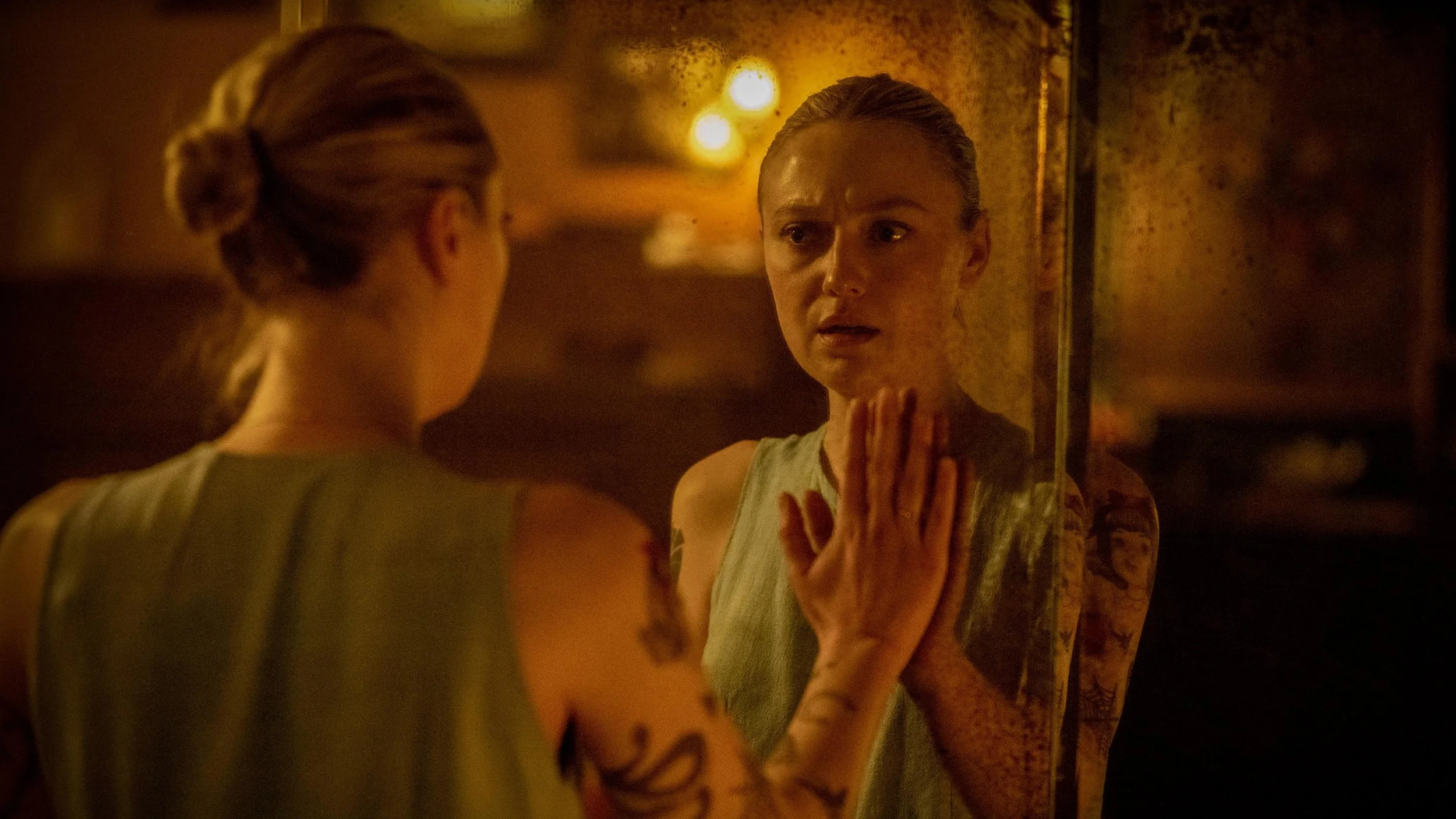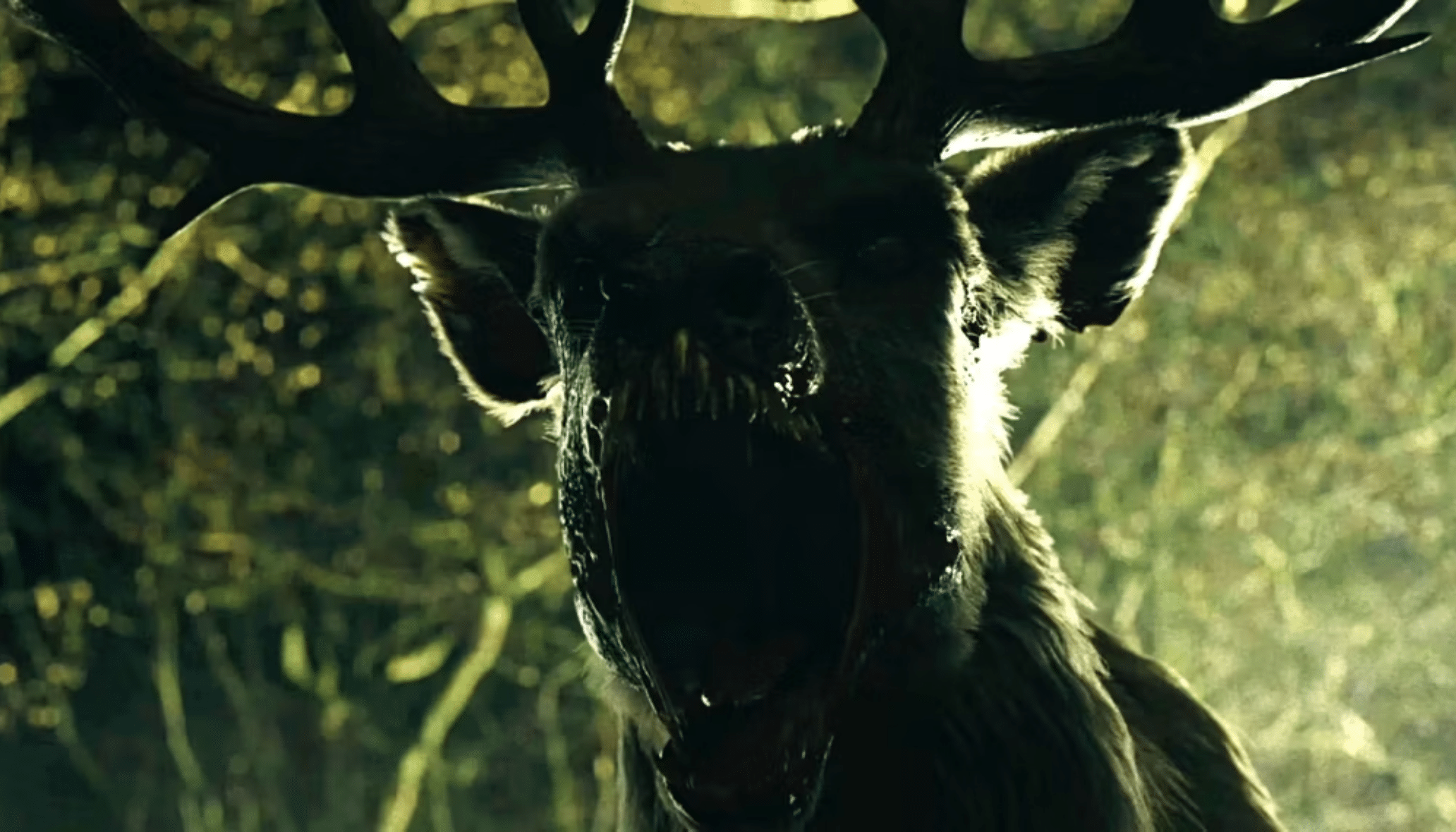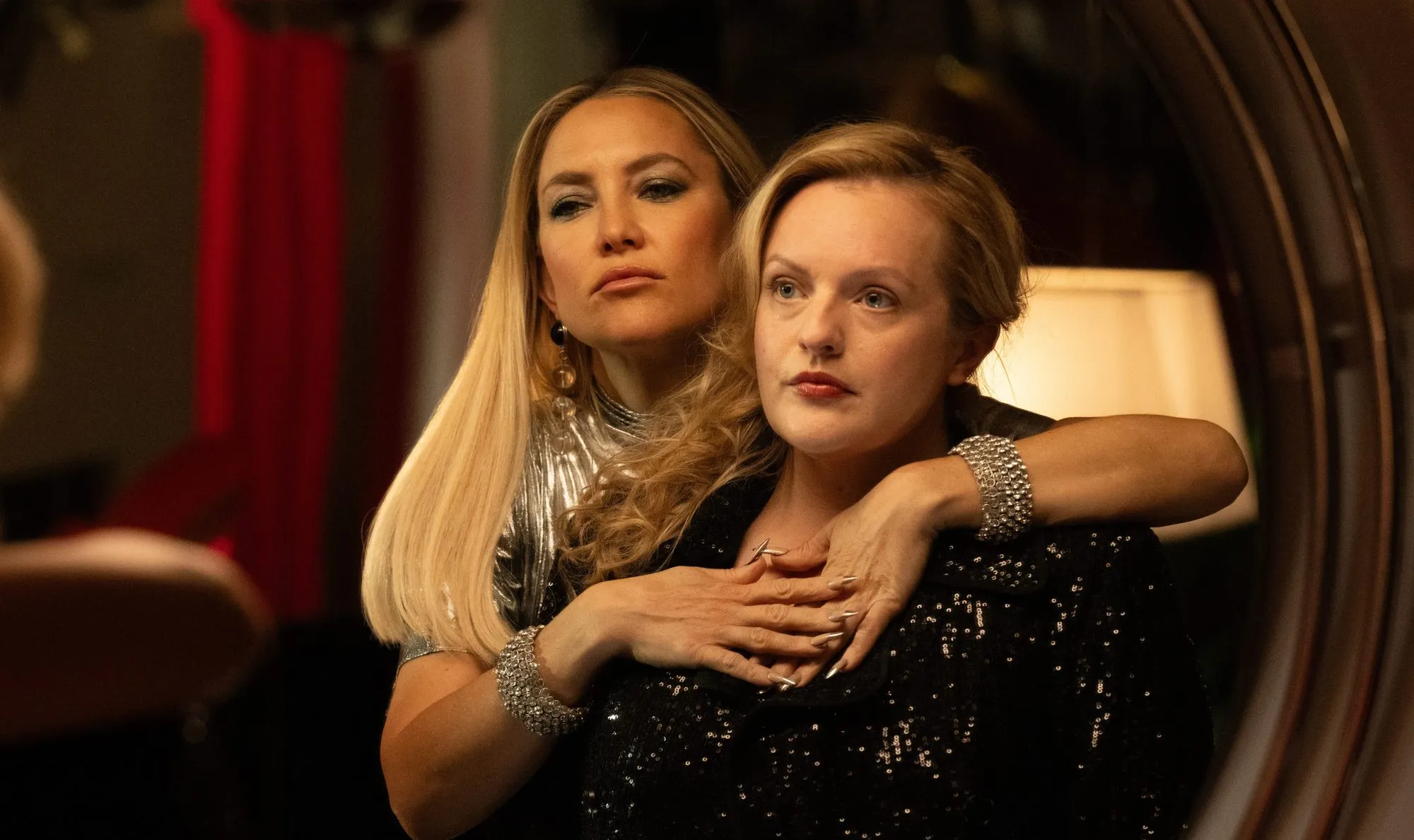Why the Cult Classic Slasher Film Urban Legend Deserves a Revival
The horror genre is in the midst of a nostalgic renaissance, with ‘90s slashers clawing their way back to prominence. Films like Scream (2022), I Know What You Did Last Summer (2025), and even the Chucky TV series have proven that audiences—especially Millennials and Gen Z—are hungry for the self-aware, bloody thrills that defined the post-Scream era. Amid this wave, Urban Legend (1998), a cult classic that never quite got its due, stands as a prime candidate for a revival. With its unique premise, untapped potential, and ability to bridge generational horror fans, an Urban Legend revival (which was actually confirmed to be in development) could actually work if done correctly. Here’s why.
The '90s Slasher Revival Is a Goldmine
The ‘90s slasher boom, sparked by Wes Craven’s Scream, gave us a subgenre that blended sharp wit, pop culture references, and gruesome kills. Today, that formula is thriving. The 2022 Scream reboot grossed over $140 million worldwide on a $24 million budget, proving that self-referential slashers still resonate. Scream VI managed to raise the bar even higher, becoming the second highest-grossing in the franchise. Similarly, I Know What You Did Last Summer has a widely-discussed relaunch slated for Summer 2025, and Chucky’s (now cancelled) TV series has garnered its own core audience after several seasons of blending camp and gore. These successes show that ‘90s horror properties aren’t just nostalgic—they’re commercially viable.
Urban Legend fits perfectly into this trend. Its original premise—a killer enacting urban legends like “the babysitter and the man upstairs” or “Pop Rocks and soda”—offers a flexible framework that can evolve with new zany myths while retaining the meta charm of ‘90s slashers. Furthermore, Urban Legend’s grounded structure allows for endless reinvention, making it a low-risk (potentially cost-effective), high-reward reboot prospect.
An Underrated Gem Ready for Redemption
Despite its star-studded cast (Jared Leto, Alicia Witt, Rebecca Gayheart) and clever concept, Urban Legend was overshadowed by bigger names like Scream and Halloween: H20. Critics gave it mixed-to-negative reviews, but its consistent ability to generate interest decades later proves its enduring cult status. This cult following suggests a reboot could tap into an existing fanbase while attracting new viewers who missed the original.
The 1998 film’s modest $14 million budget yielded a $72 million global gross, a solid return that pales compared to modern horror’s potential. With today’s lower-budget horror hits like Terrifier 3 (2024) earning $80 million on a $2 million budget, a well-executed Urban Legends reboot could easily surpass its predecessor’s performance. That, and its underrated status means there’s less pressure to match an iconic legacy, unlike Halloween or Friday the 13th, giving filmmakers room to take bold risks.
A Playground for Millennial and Gen Z Urban Legends
One of the franchise’s greatest strengths is its adaptability. Urban legend evolve with each generation, offering a reboot the chance to weave in contemporary myths while nodding to the originals. Millennials grew up with tales like “Bloody Mary” or “the kidney heist,” while Gen Z circulates creepypastas like “Slender Man” or TikTok-fueled myths like “the backrooms.” A reboot could blend these, creating a narrative that feels fresh yet familiar.
Imagine a campus setting where a killer enacts both classic legends (say, “the roommate’s death”) and modern ones (a viral challenge gone deadly). This setup allows for quirky comedy—think a character debunking a myth only to fall victim to it, echoing the original’s tongue-in-cheek tone. The 1998 film also leaned into humor with moments like Tara Reid’s radio DJ antics; a reboot could amplify this with Gen Z’s meme-driven sensibilities, perhaps featuring a true-crime podcaster or a Twitch streamer as the final girl. It could be outlandish, but it could work!
A Legacy Sequel That Doesn't Need to Try Hard
Unlike Scream or Halloween, which rely on legacy characters like Sidney Prescott or Laurie Strode, Urban Legend doesn’t need a direct continuation to honor its roots. Its contained premise means a reboot can exist in the same universe without forcing a legacy sequel. A new story set at a different college, with subtle Easter eggs—like a mention of Pendleton University (the original’s setting) or a cameo from a surviving character (Rebecca Gayheart’s Brenda, anyone?)—would suffice to thrill fans.
This approach respects the original’s cult status while keeping the story accessible to newcomers. These in-universe connections would satisfy fans, who often share theories about the original’s ambiguous ending, without alienating audiences unfamiliar with the first film. It’s a low-stakes way to maintain continuity while letting the reboot stand on its own.
Conclusion: A Reboot Whose Time Has Come
An Urban Legends reboot is a no-brainer in 2025. The ‘90s slasher revival is in full swing, and Urban Legend’s underrated status makes it ripe for rediscovery. Its adaptable premise can weave Millennial and Gen Z myths into a bloody, funny tapestry, while subtle in-universe nods honor its cult roots without demanding a legacy sequel. Plus, with room for social commentary and innovative kills, a revival could capture the zeitgeist while delivering the nostalgic thrills fans crave.







